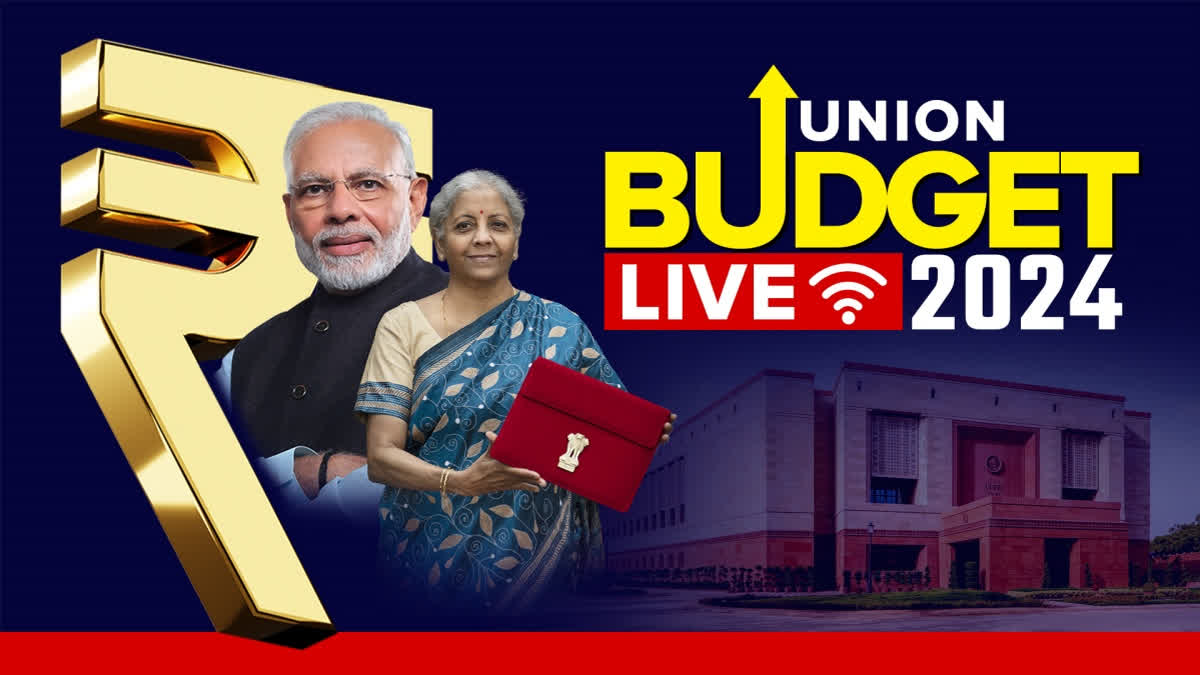The stock market witnessed a sharp decline on Tuesday following the Union Budget announcement of the long-term capital gains (LTCG) tax on equities raised to 12.5% from the previous 10%, and the short-term capital gains (STCG) tax increased to 20% from 15%. However, the LTCG tax exemption limit was also raised to Rs 1.25 lakh from Rs 1 lakh.
Here is what market experts have to say:
- "The hike in capital gains tax rates has understandably caused market jitters, especially because the tax revenue momentum was reasonably good. This unexpected policy shift is likely to weigh on investor sentiment in the short term, leading to higher market volatility than seen in the recent past. Investors should stay focused on the fundamental strengths of their portfolios. Such short-term market fluctuations may offer opportunities to add strong names to their portfolio." -- Alok Agarwal, Head - Quant & Fund Manager, Alchemy Capital Management.
- "The recent changes in the Union budget, particularly the increase in STCG and LTCG tax signal a significant shift. While the market's initial reaction may seem bearish, we believe these changes will ultimately foster a more stable and mature investment environment. The widening gap between STCG and LTCG rates is a clear incentive for longer-term holdings, which aligns with our view of creating sustainable wealth. This move is also a step towards standardising taxation across various asset classes, potentially simplifying the investment decision-making process for many.” -- Vaibhav Porwal, Co-founder, Dezerv.
- “We can expect more measures in the F&O space in the days to come. On the growth and social agenda, the government has clearly articulated the focus areas like agriculture, employment, skilling, infrastructure, inclusive social growth, manufacturing, infrastructure, urbanization, innovation and next-gen reforms. The budget spending in the years to come will keep adding to these focus areas.” -- Deepak Ramaraju, Senior Fund Manager, Shriram AMC.
- "The overarching theme of this Budget is fiscal consolidation and focus on employment generation. The reduction in fiscal deficit target for FY 25 from 5.1% in the interim Budget to 4.9% now reflects the government’s focus on growth with financial stability. This, along with Rs 11.11 lakh crores (3.4% GDP) of capex in FY25 augurs well for the growth of the economy in the long run." -- Dr. V K Vijayakumar, Chief Investment Strategy, Geojit Financial Services.
READ COMPLETE REPORT:Budget 2024 Aims To Reduce Excessive Speculative Trade in F&O, Market May Remain Volatile in Short Term
